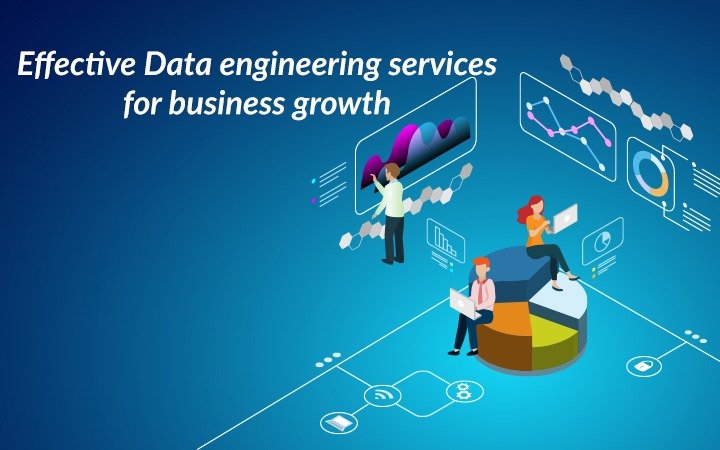In today’s rapidly evolving digital landscape, AI and automation in data engineering are revolutionizing how organizations handle vast amounts of data. As businesses increasingly rely on data to drive decision-making, the integration of data engineering automation is becoming not just an advantage but a necessity. From streamlining processes to enhancing efficiency, artificial intelligence engineering is at the forefront of this transformation.
The Need for AI and Automation in Data Engineering
Traditional data engineering workflows often involve complex, time-consuming processes that require significant manual effort. This can lead to delays, errors, and inefficiencies, especially as the volume of data continues to grow. However, with the advent of AI and automation in data engineering, these challenges are being addressed more effectively. AI-driven tools can automate repetitive tasks, reduce the risk of human error, and ensure data integrity, allowing data engineers to focus on more strategic activities.
Key Benefits of Data Engineering Automation
Enhanced Efficiency: By automating routine tasks, such as data extraction, transformation, and loading (ETL), organizations can significantly reduce the time it takes to process and prepare data for analysis. This not only accelerates the workflow but also frees up valuable time for data engineers to work on more complex tasks.
Improved Data Quality: AI and automation in data engineering ensure consistent data quality by identifying and correcting errors in real-time. Automated data validation and cleansing processes help maintain high standards of accuracy, which is crucial for reliable analytics and decision-making.
Scalability: As businesses grow, so does the amount of data they generate. Manual processes struggle to keep up with this expansion, leading to bottlenecks and inefficiencies. However, data engineering automation allows for seamless scaling, ensuring that data pipelines can handle increased workloads without compromising performance.
The Role of Artificial Intelligence Engineering
Artificial intelligence engineering plays a pivotal role in transforming data engineering workflows. AI algorithms can analyze large datasets more efficiently than human capabilities, uncovering patterns, trends, and anomalies that might otherwise go unnoticed. By integrating AI into data engineering processes, organizations can enhance their predictive analytics, optimize resource allocation, and gain deeper insights into their operations.
AI Business Automation and Its Impact
The integration of AI in business automation extends beyond data engineering. It affects the entire business ecosystem, from customer service to supply chain management. By automating data-driven processes, businesses can respond more quickly to market changes, optimize operational efficiency, and deliver better customer experiences. The synergy between AI business automation and data engineering automation creates a powerful engine for innovation and growth.
Conclusion
The convergence of AI and automation in data engineering is transforming the way organizations manage and utilize their data. By embracing data engineering automation and artificial intelligence engineering, businesses can streamline workflows, improve data quality, and gain a competitive edge. As AI continues to advance, its impact on data engineering will only grow, driving further innovation and enabling organizations to harness the full potential of their data.



